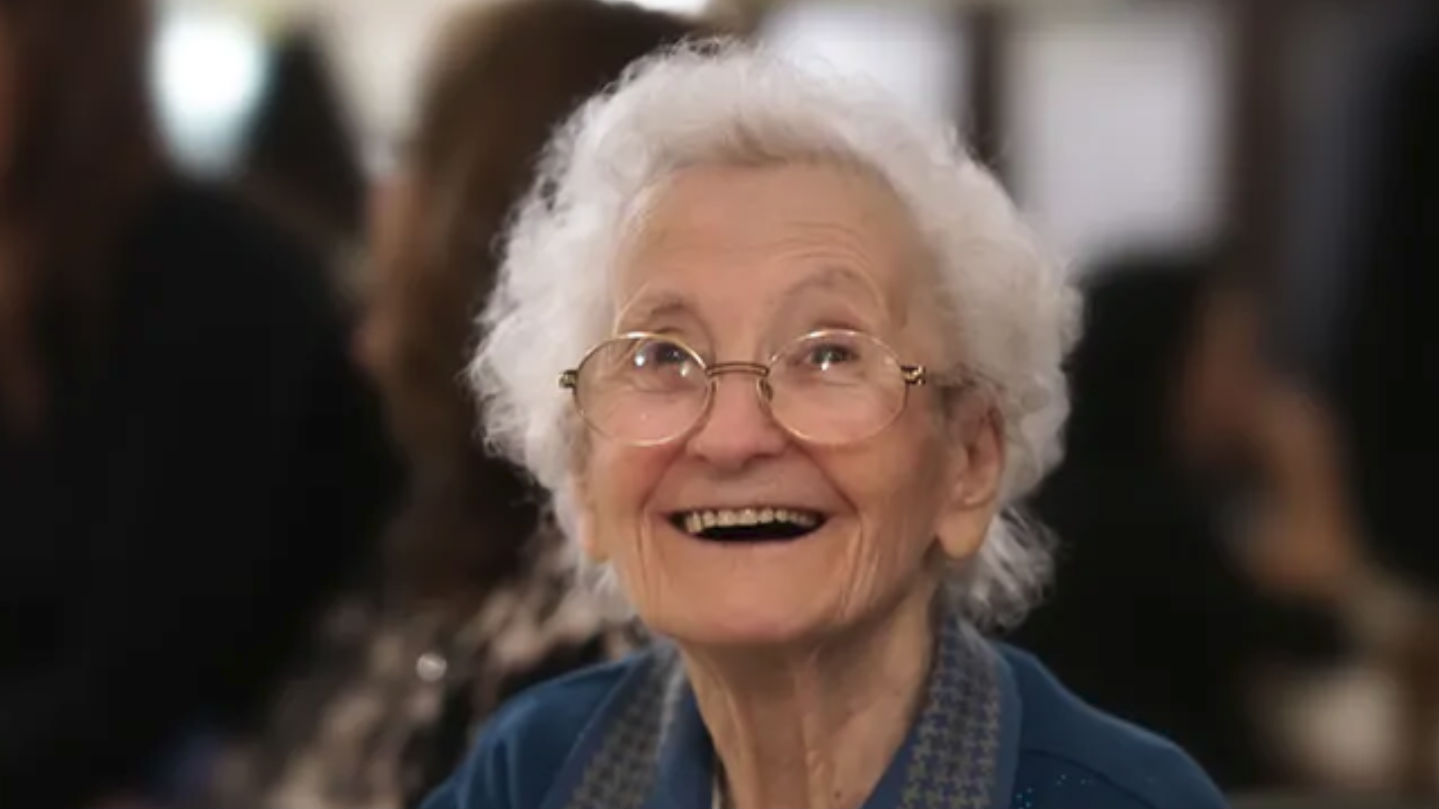Why women live longer than men
An epidemiologist explains the reason behind the difference in life expectancy

A free daily email with the biggest news stories of the day – and the best features from TheWeek.com
You are now subscribed
Your newsletter sign-up was successful
Ask your smartphone how to drive from Copenhagen to Berlin and it will give you an estimate of how long the trip will take, based on current traffic. If there is a traffic jam in Hamburg, say, the extra time this traffic jam takes will be included in the estimate. But, of course, you are not at all the points of your journey now. Rather, you’ll be in Copenhagen first, then at Odense, then Kolding, and so forth. By the time you get to Hamburg, there may no longer be a traffic jam. The estimate your smartphone gave you will be off. Life expectancy is calculated in much the same way.
Life expectancy in 2019 is calculated using the chances of survival for all ages in 2019: those who turned 70 in 2019, those who turned 69 in 2019, those who turned 71 … you get the point. But nobody actually has all their birthdays in 2019. People have at most one birthday a year (less than one for some of those who died that year and those born on February 29). Since I turned 35 in 2019, why should the 2019 chances of survival for a 70-year-old matter to me? By the time I turn 70, the world will have changed. The estimate will be off.
But your smartphone also tells you something like “31 minutes extra travel time due to a traffic jam”. With this information, you can guess how long the trip will take assuming that the traffic jam will be resolved by the time you get there: just subtract those 31 minutes. Every part of the journey has a travelling time and you can pick those pieces apart.
The Week
Escape your echo chamber. Get the facts behind the news, plus analysis from multiple perspectives.

Sign up for The Week's Free Newsletters
From our morning news briefing to a weekly Good News Newsletter, get the best of The Week delivered directly to your inbox.
From our morning news briefing to a weekly Good News Newsletter, get the best of The Week delivered directly to your inbox.
Similarly, life expectancy is built up out of many small pieces, one for each age, and demographers can pick those pieces apart. We did that to answer questions such as: “what is the part of life expectancy lived between ages 50 and 85?” (which will be a number between 0 and 35). And “suppose that in 2015 no 70-year-old died of smoking (for example through lung cancer), what would that life expectancy have been?” And “how has the importance of smoking-related deaths been changing, and was that different for men and women?”
Throw all that in the mixer and you get some interesting results, which my colleagues and I – a team from the University of Southern Denmark and University of Groningen – published in BMC Public Health.
We studied the part of life expectancy lived between ages 50 and 85 for high-income North America, high-income Europe and high-income Oceania for the period 1950-2015. Around 1950, males lived about two and a half years less than females. Around 1980, this difference had increased to about four and a half years. Then the difference in life expectancy declined to new lows of about two years in 2015.
All of that increase and subsequent decrease was due to smoking. Remove smoking and you get an almost flat line at only two years, which is what the difference in life expectancy between ages 50 and 85 would have been if nobody had smoked.
A free daily email with the biggest news stories of the day – and the best features from TheWeek.com
Long time coming
If smoking is so bad, why are we seeing all of these early deaths? Why aren’t people smarter? Well, if cigarettes killed you right away, nobody would touch them. The problem is that cigarettes do kill you – only decades later.
Because, historically, men started smoking earlier and heavier than women, any effect of smoking on life expectancy shows in males first. While medical doctors were coming to the conclusion that smoking is bad – basing their conclusions on evidence from men – women decided it was time to take up smoking. Now, decades later, the effect of smoking (death) is declining in males but still increasing for older females who smoked in the past. This gives rise to a four-wave pattern dubbed “the smoking epidemic”: first men smoke, then men start dying from smoking at around the same time women start smoking, then women start dying from smoking.
In the final phase of the smoking epidemic, people get smarter and stop smoking. This last part of the smoking epidemic, however, is the more difficult part. Unfortunately, people keep smoking (big tobacco is doing just fine).
But our study also showed some good news. Recently, there was a big drop in smoking-related deaths for people of around 50 years old. While smoking is certainly not down and out, at least some people seem to get that tobacco is a killer.
Maarten Wensink, Assistant Professor, Epidemiology, Biostatistics and Biodemography, University of Southern Denmark
This article is republished from The Conversation under a Creative Commons license. Read the original article. />
-
 The environmental cost of GLP-1s
The environmental cost of GLP-1sThe explainer Producing the drugs is a dirty process
-
 Greenland’s capital becomes ground zero for the country’s diplomatic straits
Greenland’s capital becomes ground zero for the country’s diplomatic straitsIN THE SPOTLIGHT A flurry of new consular activity in Nuuk shows how important Greenland has become to Europeans’ anxiety about American imperialism
-
 ‘This is something that happens all too often’
‘This is something that happens all too often’Instant Opinion Opinion, comment and editorials of the day
-
 Quit-smoking ads are being put out
Quit-smoking ads are being put outUnder the radar The dissolution of a government-funded campaign could lead to more smokers in the future
-
 China's soaring dementia rates
China's soaring dementia ratesUnder The Radar Government launches action plan after cases in China increase 50% faster than global average
-
 The tobacco industry could be the beneficiary of health agency cuts
The tobacco industry could be the beneficiary of health agency cutsThe explainer Anti-tobacco initiatives may go up in smoke
-
 Is this the end of cigarettes?
Is this the end of cigarettes?Today's Big Question An FDA rule targets nicotine addiction
-
 The complicated problem of banning menthol cigarettes
The complicated problem of banning menthol cigarettesThe Explainer Banning menthol smokes will save lives, public health officials say. But this is an election year.
-
 The dramatic rise of vaping in the UK
The dramatic rise of vaping in the UKfeature Increasing numbers of children are using e-cigarettes adding to the growing chorus of alarm over the potential impact on public health
-
 New Zealand’s new smoking ban
New Zealand’s new smoking banfeature Anyone born in 2009 or later will not be able to buy cigarettes but there are concerns about a growing black market
-
 The pros and cons of vaping
The pros and cons of vapingPros and Cons UK government's ban on disposable e-cigarettes suggests a shift in perceptions towards alternative nicotine products